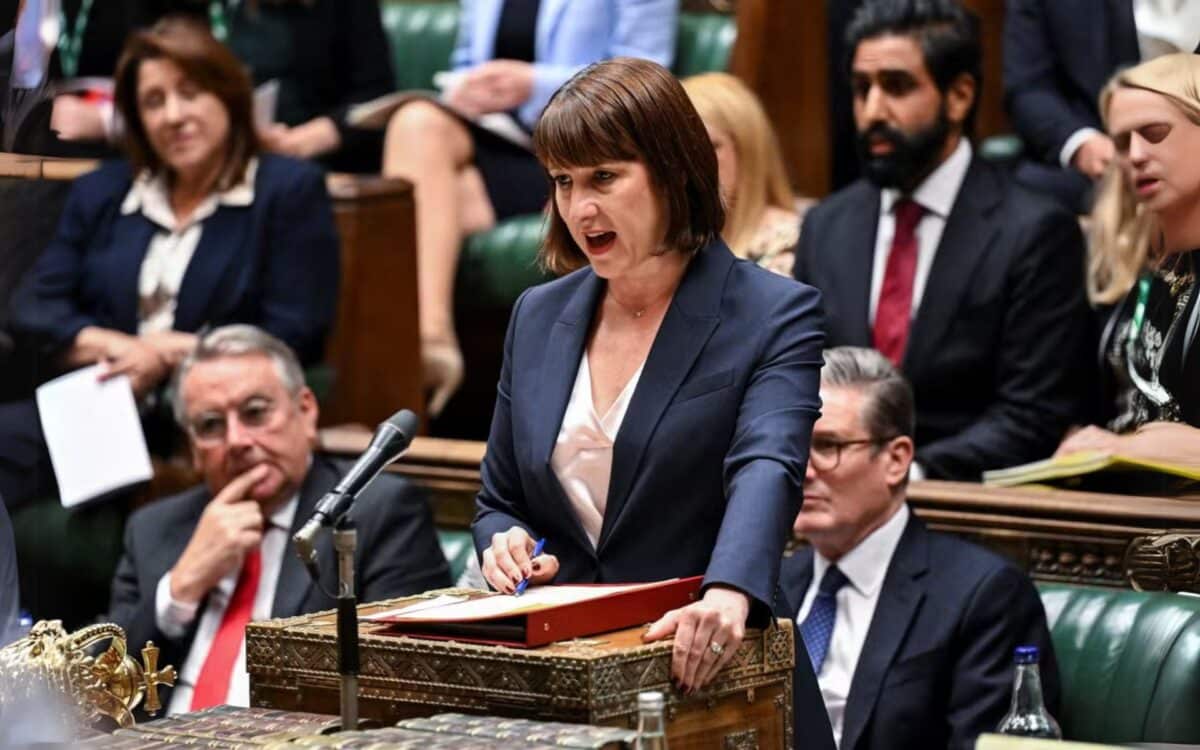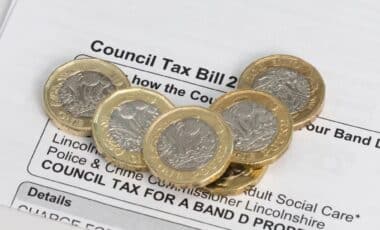The UK Chancellor, Rachel Reeves, is reportedly considering further tax increases in the upcoming Spring Statement on 26 March, as the government faces mounting fiscal challenges.
GB News reports that experts are increasingly warning of the likelihood of new revenue-raising measures. Though the full extent of potential changes remains unclear, analysts highlight five key areas that could be affected.
Lifetime Isas Under Review
The Lifetime ISA (LISA) scheme, which helps first-time buyers and savers, is facing scrutiny following a Treasury Committee review. Currently, LISAs allow individuals aged 18 to 39 to save up to £4,000 annually, with a 25% government bonus.
Over a 30-year period, savers could benefit from a total bonus of £33,000. However, tax experts suggest that the review could signal the end of the scheme.
Tim Stovold from Moore Kingston Smith indicated that such consultations often precede policy changes, making it likely that LISAs will be discontinued. Eliminating LISAs could generate revenue but would reduce support for first-time homebuyers.
Pension Tax Relief Reform Possible
Pension tax relief, which currently benefits both basic-rate and higher-rate taxpayers, may also be targeted. Under the existing system, basic-rate taxpayers receive 20% relief, while higher earners can claim up to 40% or 45% relief.
In a 2016 statement, Rachel Reeves suggested a flat rate of 33% as a fairer alternative, which would increase benefits for lower-income savers but reduce tax advantages for higher earners. Experts note that pension tax relief is a significant cost to the Treasury, making it a potential area for reform.
Changes to Inheritance Tax Rules
Inheritance tax rules, particularly the seven-year gifting rule, could be modified or abolished. This rule currently allows individuals to gift wealth to family members without inheritance tax if they survive for seven years after making the gift.
Wealth advisers warn that the rule could be extended to 10 years or replaced by a lifetime gift allowance. Many individuals are already accelerating asset transfers in anticipation of potential changes. Tax expert Ian Cook described the gifting rule as “the next easy target” for the government.
Extension of Income Tax Threshold Freeze
The freeze on income tax thresholds, in place since April 2022, may be extended beyond 2028. This would result in higher tax bills for many workers, as wages increase but thresholds remain static.
A two-year extension could cost higher-rate taxpayers more than £8,000. Some analysts suggest that Labour, under Rachel Reeves’s leadership, might even consider lowering income tax thresholds, further increasing tax contributions.
Sanjay Raja, chief UK economist at Deutsche Bank, has indicated that extending the freeze is a likely measure in the upcoming Spring Statement.
Potential Increase in National Insurance Contributions
Recent cuts to National Insurance contributions (NICs) by former Chancellor Jeremy Hunt may be reversed. Hunt had reduced the main NIC rate from 10% to 8% in the 2024 Spring Budget, following an earlier two percentage point reduction in January 2024.
Reversing these reductions is seen as a fast and efficient way to generate revenue. Tax experts argue that Rachel Reeves may target higher NICs to help offset inflationary pressures caused by public sector pay increases. Nimesh Shah, chief executive of Blick Rothenberg, noted that reversing the NIC cuts would allow the government to raise funds quickly, possibly as soon as April.
A government spokesperson emphasised that fiscal responsibility remains a priority:
“No one should be under any doubt that meeting the fiscal rules is non-negotiable. UK debt is the second lowest in the G7, and only the OBR’s forecast can accurately predict how much headroom the government has.”









